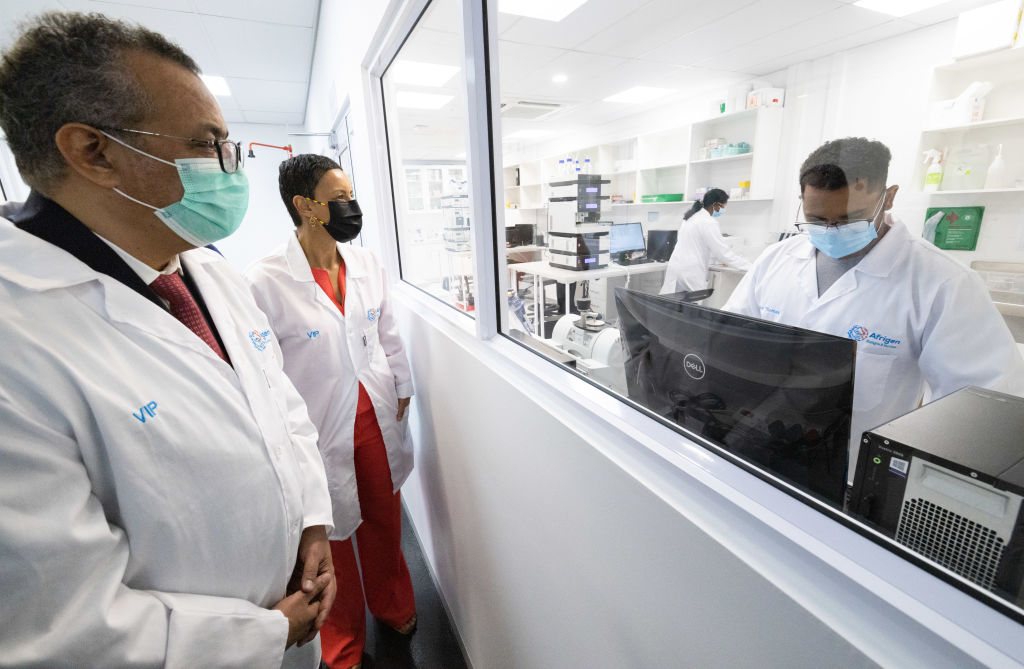ADF STAFF
Almost three years after it was first declared a pandemic, the World Health Organization says COVID-19 remains a global threat.
While cases are falling in parts of the world, WHO officials say countries still need to be vigilant in preventing outbreaks.
“Although the public perception is that the pandemic is over in some parts of the world, it remains a public health event that continues to adversely and strongly affect the health of the world’s population,” the WHO’s emergency committee said after a meeting in October.
To illustrate the threat, the WHO noted another omicron subvariant, which may be more resistant to antibodies.
Called XBB, it has more than a dozen new mutations to its spike gene and spread to 26 countries in the space of one week in October.
“Available preliminary laboratory-based evidence suggests that XBB is the most antibody-evasive SARS-CoV-2 variant identified to date,” the WHO said in an October weekly epidemiological update.
The United Nations agency said, however, that neither XBB nor another variant of concern, BQ.1, appear to create more severe illness than other variants.
“WHO continues to closely monitor the XBB and BQ.1 lineages as part of omicron and requests countries to continue to be vigilant, to monitor and report sequences, as well as to conduct independent and comparative analyses of the different omicron sublineages,” it said.
The omicron BA.5 subvariant and its lineages continue to be dominant globally, accounting for more than 70% of sequences submitted in the first two weeks of November.
Cases in Africa dropped significantly in October and early November, the WHO reported.
There have been more than 12 million confirmed cases of COVID-19 and 256,083 deaths on the continent, according to Africa Centres for Disease Control and Prevention statistics through November 12.
Many countries, however, stopped reporting months ago.
Due to a general lack of testing, researchers say COVID-19 cases and deaths have been significantly undercounted.
Medical experts warn that COVID-19 still should be taken seriously, especially in regions where health systems deal with staffing and equipment challenges in handling severe cases.
Dr. Abdou Salam Gueye, WHO Africa regional emergency director, noted that there are a variety of health concerns that typically put pressure on national health care systems.
“Every year Africa registers at least 100 health emergencies, meaning the ongoing pandemic is an additional burden to our health systems,” he said in a bulletin.
Gueye praised the continent’s overall response and suggested that countries experiencing lower COVID-19 case numbers should work to boost their health care infrastructure.
“Halfway into the third year of the COVID-19 crisis, countries across Africa continue to present a positive front against the pandemic,” he said.
“While the response remains a priority, especially given the uncertainty surrounding the emergence of omicron subvariants BA.4 and BA.5, countries are taking stock and using the downtime in numbers to reevaluate and improve health systems capacities in the WHO African region.”

